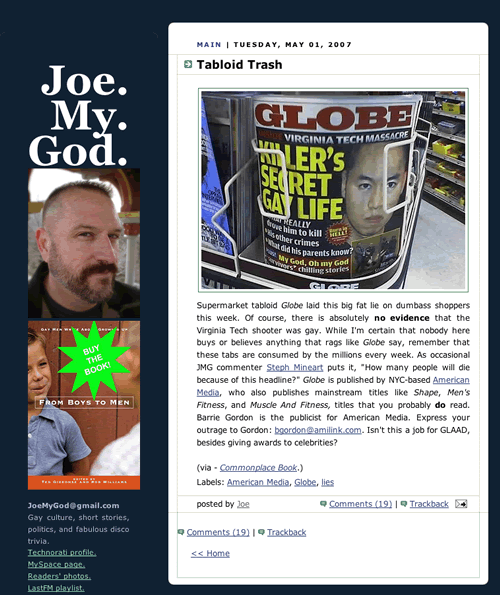One of the first things I plan to do is take a closer look at Microformats and see where I can mark up my site appropriately. While I was sitting in the panel, I downloaded the firefox operator extension, and I’ve been playing with it.
I also want to get OpenID set up on this site so I can use this as the basis for my authentication elsewhere. There are movable type plug ins I need to install. I want to do some research on some of the other identity websites mentioned in the identity panel.
I need to do some basic layout exercises for this site using Grids – I haven’t quite got that right, and I need to work on it. I also need to set up a grids layout template for sites I’m designing at work.
The second thing I want to do is look more closely at design pattern libraries. We’ve been looking at Yahoo’s Pattern Libraries and using them at work, but I want to understand more about some of the others from that presentation.
I also want to get look more closely at Brendan Dawes work, and start my own version of the book or Dawes’ hard drive. I certainly have projects and ideas like those hanging around, and I hope putting them all in the same place and looking them over will spark some creative ideas.
I want to take a look at some of the techniques that other designers use to get inspired, and see if they help me.
I want to take a close look at some of the sites from the online magazines panel and see if they can inspire me for our redesign of indyscribe.
I want to plan and work on a fictional blogging project, and take a look at some of the sites that panel discussed as part of the planning.
Web Typography Sucks Panel Notes (SXSWi 2007)
